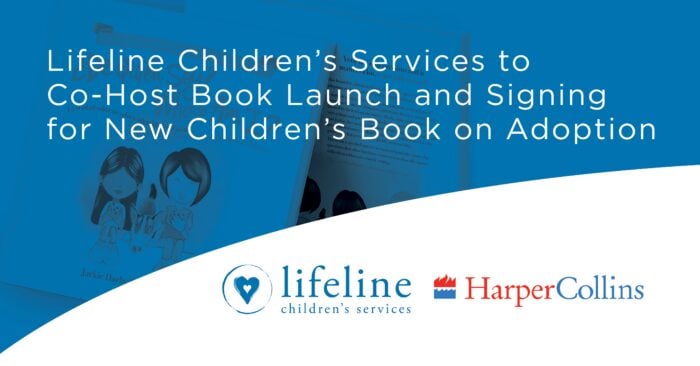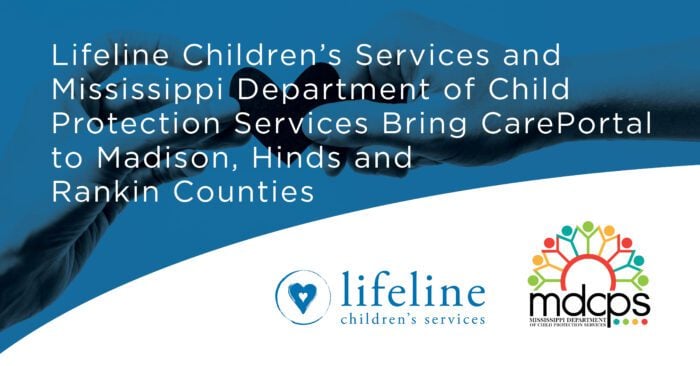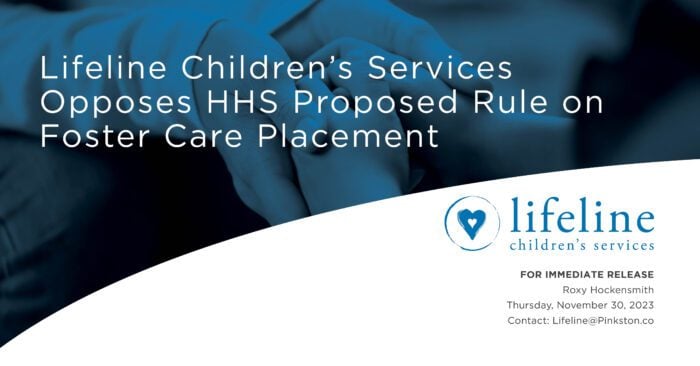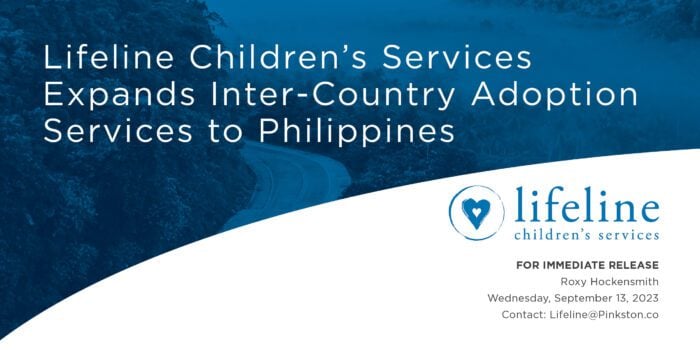Accusations
Coming from trauma and/or a long time in foster care, children learn many skills to help them survive. While some of these skills are excellent, like advocating for themselves and being able to talk to adults about what they need, they also tend to develop some maladaptive tendencies like manipulation, lying, and even accusing their parents of harm. Often times foster and adoptive parents that have invested so heavily in their children are blindsided when their child falsely accuses them of maltreatment. In those moments, it is easy to forget some of the reasons that children accuse.
WHY CHILDREN FALSELY ACCUSE THEIR CAREGIVERS:
When we step back and consider the various motivations that children may have for accusations, a few patterns or categories seem to emerge.
Control seeking: At the base of any false accusation is a need and desperation to gain control over their situation. Some children inaccurately believe that if they accuse their caregiver of abuse, they will get to go back to living with their biological family. Or for children who have been in the system awhile, they may accuse because they think they will be free to do more and have less rules in a different home. When their lives feel so out of control, accusations can seem- in their heads at least- to be an “easy quick fix way” to get back in control.
Hurt and Anger: Some children create false allegations out of anger at a consequence for their behavior, or for being told “no”, or because they are so mad about their situation and you are a “safe” person to take it out on.
Fear and self-preservation: Many children are so scared of how they are attaching to the new family that they feel a need to test the family to see if they will stick with them through this latest trial. Often if the child thinks the family will reject them at some point, it gives them a sense of control to do the rejecting first and accuse their parents because they have learned that Child Protective Services (CPS) and other adults have to listen to what they say. Oftentimes maltreated children see all caregivers as potential abusers and can be extremely untrusting of their new family which feeds the fear they carry with them wherever they go.
Misinterpretation: Many children who were abused in the past have blocked or vague memories of the harm they endured. If they are triggered by something like a family argument, they may attach the only face they remember as a parent to the past event, even if you did not know them when the harm occurred. Also, similar to this is when a child may just totally misunderstand your actions and interpret it as harm. For example, if you are giving them a back rub or accidentally run into them- they may see your actions through a different lens and think the action is intentional and meant for harm.
In all of these examples, these children are simply not thinking about long term implications. A lot of children do not understand the severity of their words and how they can get their parents in serious legal trouble if Child Protective Services and the police choose to believe the child instead of the parents. According to an Adoptalk publication, “As children age through the foster care system, and grow in street wisdom and anger, many also learn that allegations are a ticket out of a placement, a means of getting attention, and a way to keep parents who are starting to get too close a safe distance away.” Again, for the majority of children who are in care or have been adopted, these accusations are based in fear, a lack of trust, and a need for self-preservation.
HOW TO RESPOND :
As overwhelming and fear inducing as accusations are, parents need to remember that their child is hurting and reacting in ways that they have learned in order to survive. They need help to unlearn this damaging behavior and that will take time. If your child has made these allegations to an adult at their school, their therapist, their social worker etc, then those adults are mandatory reporters and will be required to report what was said to CPS whether they believe it or not. Remember this so that you do not displace your anger on those professionals.
CPS has a system in place to handle these types of calls and will work with you to investigate and find out the truth of the situation. Whether your child makes allegations interfamily or involves outsiders, it is highly important to remember the place of trauma and harm that your child came from. He/she has a need to blame someone and often, whoever is closest becomes the target. As much as you are able, you cannot take anything personally, even though it will feel incredibly personal. You will need to develop some additional boundaries so that you can hear and experience the hurt that they are placing on you without absorbing it into your relationship. The hurtful things being said really aren’t about you and remembering this will be key to riding out the wave of accusations that may come your way.
Practical suggestions for responding to false accusations:
- Don’t panic. Remain calm.
- Follow any directions that CPS gives you or asks you to do.
- Whenever possible, especially when a child is new to your home, try to have an additional person in the room with you as accountability and an eye witness. (This is especially helpful for fathers of new daughters and vice versa.)
- Set clearly defined family rules and consequences for misbehavior. Discuss these often.
- Keep case notes on conversations, concerning behavior, outbursts, tantrums, etc. and regularly update your worker with these.
- Proactively report things to your social worker in writing. If your child hurts himself during a tantrum, document that. If your child talks to you about previous caregivers that abused him, document that. The more reporting you do on the front end, the more trust you will build up with your worker.
- Be as forthcoming, oversharing, and honest as possible with your worker. Invite workers in. Do NOT pretend like everything is perfect because you want to be the perfect family. Adoptive and foster families WILL struggle- there is no way around it. So it is much better to have the professionals in your life know what is going on and trying to help than blindsiding them with an accusation when you have been saying that “everything is fine” for months.
- Assess your responses to your child and what their behavior is trying to tell you. Talk with your child about what they need and what led them to accuse you of something.
- Seek help from a therapist, counselor, or social worker, if your family is struggling with communication and your child is expressing more needs than you know how to handle.
- Participate in a support group.
Tips if the allegation turns into an investigation:
- Don’t panic. Remain calm.
- Behave appropriately. During interviews, make your point and then stop talking. Speak with confidence, and be factual, honest, respectful, and business-like.
- Request copies of the written charge against your family, as well as the letter that formally states that the allegations were unfounded.
- Meet with people who are gathering information. If an investigator asks to meet with you, don’t keep him/her waiting. If you need to, bring along a friend or someone from your support group who can give you perspective on how the meeting went.
Tips if the allegation turns into an investigation:
- Don’t shut your child out during this time. Remember that they are coming from a place of trauma and will need extra support while this is happening. Ensure that they have additional safe people that can talk with them and reassure them while the investigation is ongoing.
- Communicate with your spouse. Allegations, especially those of sexual abuse, can drive a wedge between spouses. If not openly discussed, these questions can pull couples apart just when they need each other’s support the most.
- After the investigation is over, ask for help to regain your equilibrium, rebuild, and move on. Take really good care of yourself and your children. Difficult times can be therapeutic and healing, showing children that we can have tough times, but as families we are strong and resilient. If you can’t prevent an allegation, at least do what you can to survive, learn, and thrive.
Conclusion:
In conclusion if a false accusation is brought against you keep these important guidelines in mind. Remember that the child has a need or fear that is driving this behavior. Remembering the need behind the child’s actions will help you keep the situation in perspective and not take it personally. Review the many reasons that a child might accuse their caregiver of harm and mistreatment and begin to address those needs. Cooperate with the officials who are legally required to complete the investigation about the accusation. Keep the lines of communication open with your spouse and be supportive of one another. Continue to provide for the needs of the child in your care especially emotional support. Finally, an accusation creates a breach in the relationship and so taking the step of rebuilding and repairing that relationship will be critical to the healing of all involved. This is an opportunity to demonstrate to a hurting child the power of forgiveness and reconciliation.
Developed by Jennifer Travis, LICSW
References:
Do’s and Don’ts: False Allegations of Child Abuse. Retrieved from http://family.findlaw.com/child-abuse/do-s-and-don-ts-false-allegations-of-child-abuse.html
False Allegations: Helping Group Members Understand, Avoid, and Survive Them. (2003, January 7). Retrieved from http://www.nacac.org/resource/false-allegations/
Handling False Allegations of Child Abuse and Neglect. Retrieved from https://www.childwelfare.gov/topics/adoption/adopt-parenting/allegations/
Fuqua, A. (2016, December 12). Email interview.



